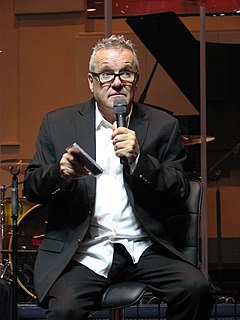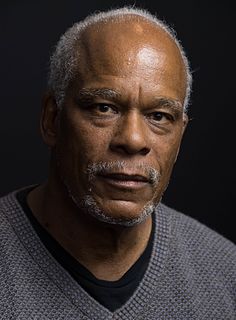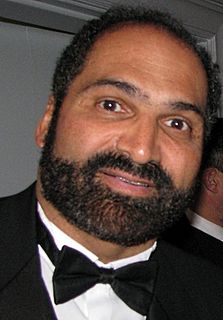A Quote by Bill Gates
The media covers what’s new – and millions of people dying is nothing new. So it stays in the background, where it’s easier to ignore. But even when we do see it or read about it, it’s difficult to keep our eyes on the problem. It’s hard to look at suffering if the situation is so complex that we don’t know how to help. And so we look away.
Related Quotes
You can see the most beautiful things from the observation deck of the Empire State Building. I read somewhere that people on the street are supposed to look like ants, but that's not true. They look like little people. And the cars look like little cars. And even the buildings look little. It's like New York is a miniature replica of New York, which is nice, because you can see what it's really like, instead of how it feels when you're in the middle of it.
If we are too busy, if we are carried away every day by our projects, our uncertainty, our craving, how can we have the time to stop and look deeply into the situation-our own situation, the situation of our beloved one, the situation of our family and of our community, and the situation of our nation and of the other nations?
It's easier for our brains to have a list of rules and say, "If we keep these rules, we're in, and if we don't keep these rules, we're out." The problem with grace is that it doesn't play by the rules. It covers sin, and it washes away shame. It releases you from self-hatred. You then realize, through grace in Jesus, and believing in Jesus, and agreeing with Jesus, that you evidently were worth dying for.
Many oriental cultures make a distinction between two ways of looking - 'hard eyes' and 'soft eyes'. When we look with hard eyes, we see specific details with sharp focus, but we don't see the relationships between different details as well. When we look with soft eyes we see the relationships between everything in our field of vision, but with this softer focus, we don't see all the details as clearly. It's possible to look in two ways at once.
Part of the problem with Occupy Wall Street was that folks were never really clear on what they were fighting for. If you don't know what you're fighting for, how do you know when you've got victory? In some ways, new media makes it easier for people to connect. It's hard, though, because we're much more seduced by the Internet, by big-screen TVs, by cell phones that can do everything.
How you look at a situation is very important, for how you think about a problem may defeat you before you ever do anything about it. When you get discouraged or depressed, try changing your attitude from negative to positive and see how life can change for you. Remember, your attitude toward a situation can help you to change it -- you create the very atmosphere for defeat or victory.
I think there's much more privileging of the new in art. I think people want to think they privilege the new in writing, but I agree with Virginia Woolf. She wrote a great essay called "Craftsmanship" about how difficult it is to use new words. It's really hard, but you see them coming in because obviously, if you're going to write... I mean, even to write "cell phone" in a novel - it's so boring.
I see nothing easy in Washington. I see either analytically simple things that are politically complex or those that are politically complex and analytically complex. I mean, look at immigration reform, you know? It is, I think, analytically easy, but politically very, very complex and very difficult.
One big disturbance, I think, between L.A. and New York is that New York is so condensed and together that it's very hard to be private there. There's a lot of constant interchange, people know what you're doing all the time. Here in L.A. it's the opposite, it's very spread out, unless you make a conscious effort to go someplace and look at something, you don't see it and we hear about it. So in that sense, it's a city where you can be very anonymous if you want to be, or even if you don't want to be.
If you want to understand suffering you must look into the situation at hand. The teachings say that wherever a problem arises it must be settled right there. Where suffering lies is right where non-suffering will arise, it ceases at the place where it arises. If suffering arises you must contemplate right there, you don't have to run away. You should settle the issue right there. One who runs away from suffering out of fear is the most foolish person of all. He will simply increases his stupidity endlessly.




































